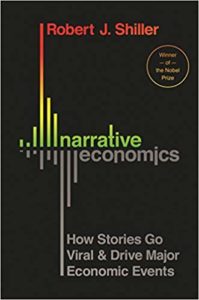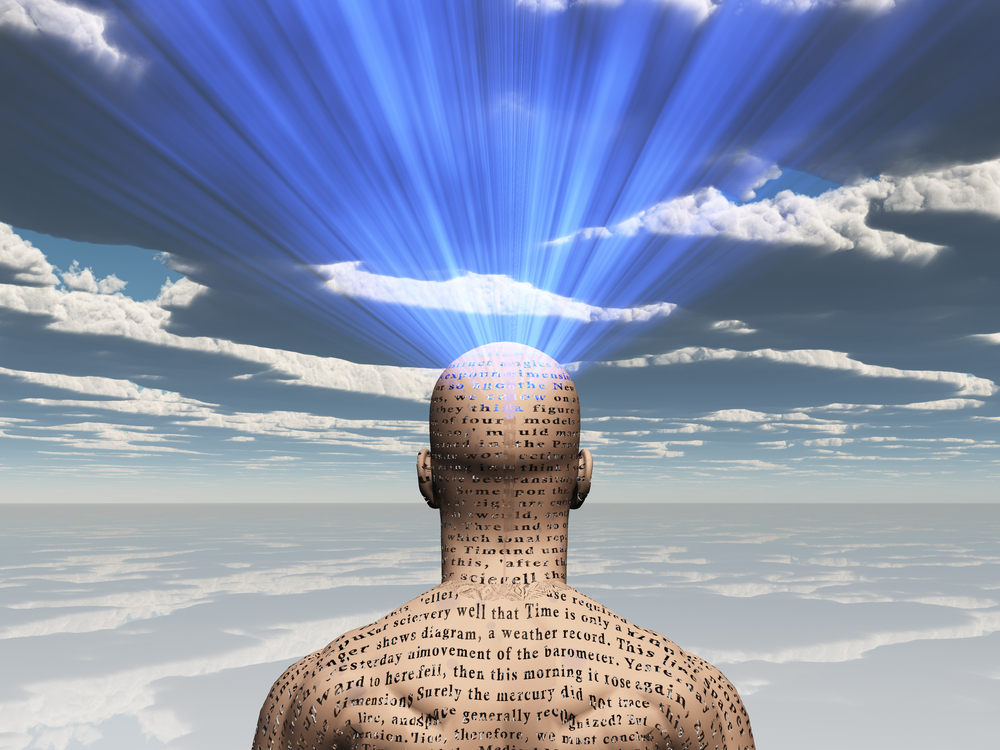
In this episode, Nobel Laureate Robert Shiller discusses with a somewhat skeptical Russ Roberts the extent to which narratives effect the fluctuations of the economy. Russ reminds us that we are “pattern-seeking, story-telling animals” and are prone to creating our own personal narratives as well as embracing collective stories. Shiller contends that narratives develop and shape collective behaviors that are identifiable, even when multiple economic variables are at play. Adam Smith, David Ricardo, John Maynard Keynes, Arthur Laffer, and Milton Friedman are only some of the economists discussed in this rich conversation about behavior and the shortcoming of economic models. We hope you will grapple with these questions and perhaps share your thoughts with us, including ideas about pandemic narratives.
1- Is Schiller convincing with his argument that the recent change to searchable, digitized text will provide the data needed to “find out what people are thinking”? Does Roberts’s skepticism beg the Friedman-style statement, ‘Don’t ask people why they write things’? (instead of say things)
2- Does classifying and chronicling the dynamics of multiple stories told in an economy with several hundred million people seem plausible to explain economic fluctuations? Does Schiller’s point about the globally impacted, complex macroeconomy counter his argument that “it’s really just so striking how narratives spread”?
3- Roberts describes the Great Depression narrative of falling demand for cars as partially attributed to how sensitive we are to how others perceive us. As Adam Smith described in The Theory of Moral Sentiments, we are interested in preserving our reputations. Are there current examples of these collective exhibited behaviors?
4- If Shiller’s proposition that economics is an imprecise science at capturing the narrative “that drives a human race”, what might fill this gap? How might a better understanding of the human mind, as Shiller suggests is imminent, impact the field of economics?
5- What narratives do you believe will be told about the Covid-19 pandemic five years from now? Twenty-five years from now? How will these stories shape future economic change? (Note that this podcast took place just before the global pandemic impact).


Comments are closed.